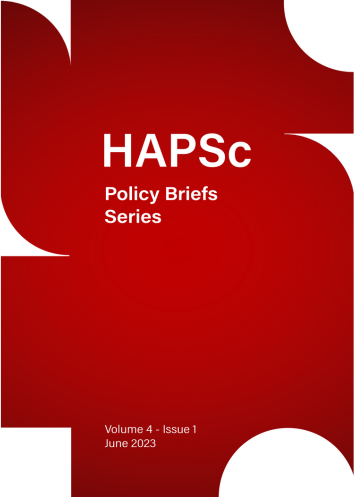Legal Aspects of Measures Implemented for the Management of SARS-Cov-2 Crisis in Greece
Résumé
The management of SARS-CoV-2 pandemic has seen extensive criticism on the subjects of legality, social liberties and general scientific morality. The method used by the Greek state to impose control measures was that of Acts of Legislative Content. The other available alternatives were that of a “state of siege” and the “emergency civil planning”, which were both determined to be legislative disproportionate to the situation and could have, if chosen, a significant potential political cost for the government. The measures were imposed with the justification provided by art. 25 par. 1 of the Constitution which states that the state has the right to claim of all citizens to duty of social and national solidarity, implying that the state is able to request by its citizens to restrict their rights in favor of the above duties. However, the above justification can be considered relevant only in the case of these measures being proportionate to the threat posed by the pandemic. Further research on the subject of proportionality would be necessary to comment on the justification of the measures in regards to the threat posed by the pandemic.
Article Details
- Comment citer
-
Kyrgos, Z. S., Karageorgou, A., Tsadiras, A., & Soteriades, E. S. (2023). Legal Aspects of Measures Implemented for the Management of SARS-Cov-2 Crisis in Greece. HAPSc Policy Briefs Series, 4(1), 8–14. https://doi.org/10.12681/hapscpbs.35178
- Rubrique
- Articles

Ce travail est disponible sous la licence Creative Commons Attribution 4.0 International .
Authors retain copyright and grant the journal right of first publication with the work simultaneously licensed under a Creative Commons Attribution License that allows others to share the work with an acknowledgement of the work's authorship and initial publication in this journal.




